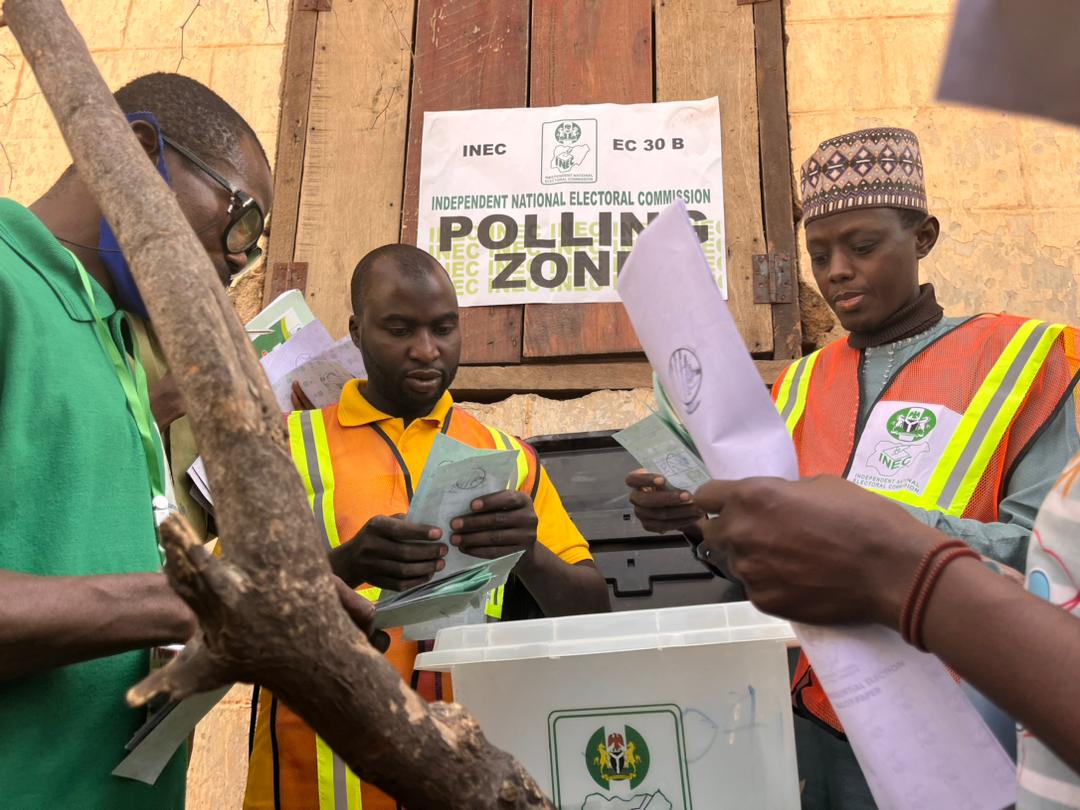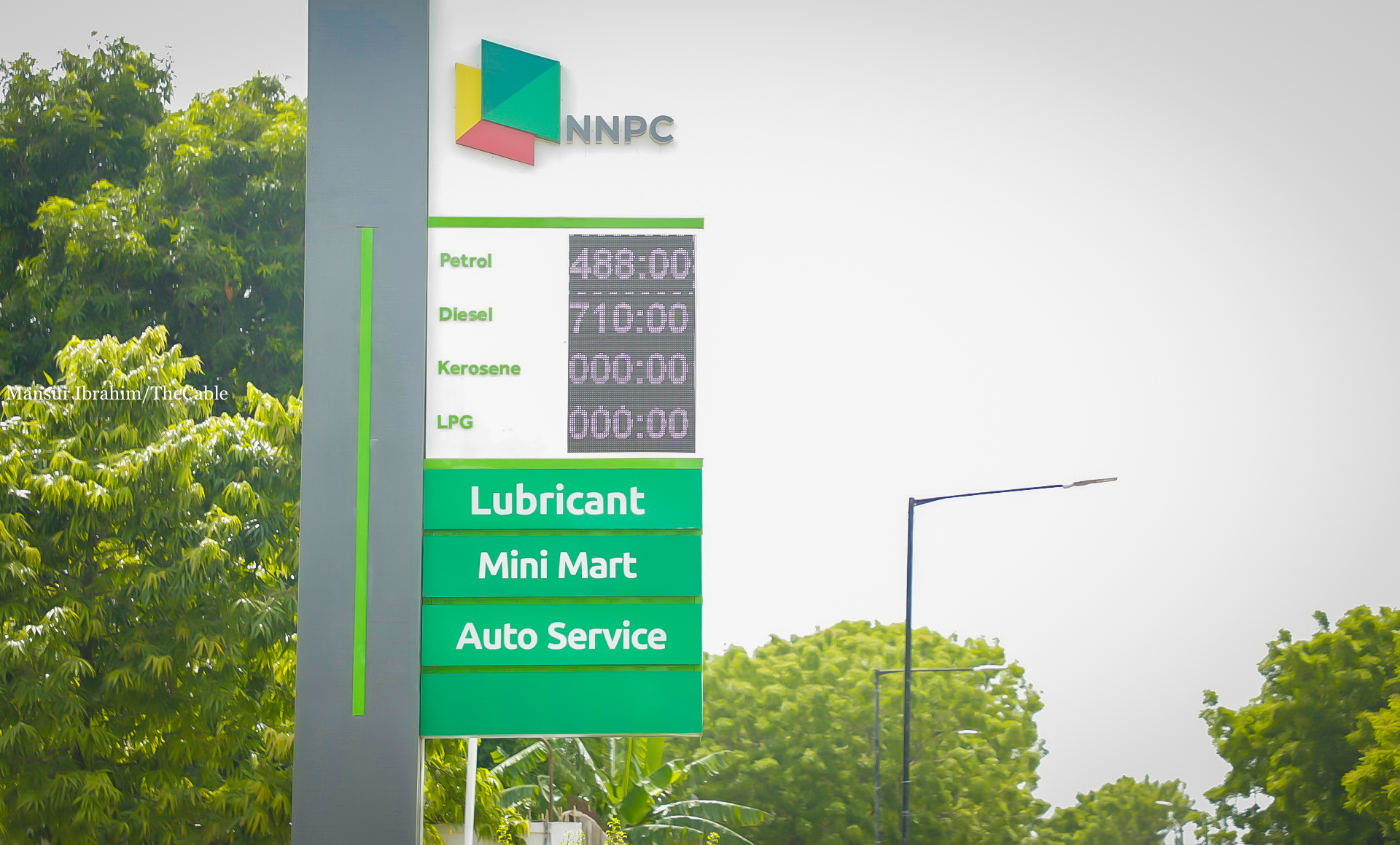Jandor
BY MUHAMMED IBRAHIM HASSAN
On Monday, June 19, the trial and the main hearing in the petition filed by the Lagos state governorship candidate of the PDP in the March 18 governorship election Dr. Abdul-Azeez Olajide Adediran, popularly known as Jandor ,against Governor Sanwo-Olu of APC and Labour Party’s Gbadebo Rhodes-Vivour began after the All Progressives Congress, APC had failed in it bid to have the petition struck out by the tribunal on June 12, 2023.
The Peoples Democratic Party took everyone by surprise when it introduced his star witness who turned out to be Jandor himself as the entire court roared in a mode that best described the saying that “no one can present your case better”.
Immediately after he mounted the podium, Jandor began mesmerising the court with his knowledge of dictates of the Electoral Act 2022.
Advertisement
Under cross examination by Dr. Muiz Banire SAN who represents Sanwo-Olu and Hamzat, Mr Quacker SAN for the APC, Uchechukwu Ani and I. O. Benson for Labour Party and GRV, Jandor told the tribunal that the grounds of his petition are supported by section 134 (1)(a) of the Electoral Act as as a ground that can be entertained in a post-election court such as this tribunal.
Jandor told the tribunal that his petition against the APC and Labour Party in the March 18 election was due to the invalid sponsorship of their candidates by the duo of APC and Labour as a result of their non compliance to section 82 (1) of the Electoral Act which says a political party must give a 21-day notice to INEC before holding any conference, congress or convention, for the purpose of nominating candidates for election, while penalty on failure to do so was explicitly reeled out in section 82 (5) as rendering such congress for the purpose of nominating any candidate invalid.
He went further to quote section 84 (b) (i) that in case of nomination of a governorship candidate, a political party shall where it intends to sponsor such candidate, hold a special congress at the state capital or anywhere within the state to be held on a specified date appointed by the National Executive Committee of the party, while penalty for not doing so was explicit in section 82 (13) as “Where a political party fails to comply with the provisions of this Act in the conduct of its primaries, its candidate for election shall not be included in the election for the particular position in issue.”
Advertisement
All of this according to documents tendered by Jandor and PDP were breached by both the APC and Labour Party in the process leading to the sponsorship of the candidacies of both Sanwo-Olu of APC and Gbadebo Rhodes-Vivour of Labour Party.
He also quoted section 29(1) under this Act, “a political shall submit to the Commission in the prescribed Forms, the list of the candidates the party proposes to sponsor at the elections, who must have emerged from a valid primaries conducted by the party”. Section 29, Sub sec. (2) says “The list or information submitted by each candidate of the party shall be accompanied by an affidavit sworn to, by the candidate at the Federal High Court, High Court of a State, or Federal Capital Territory, indicating that he or she has fulfilled all the constitutional requirements for election into that office”.
Jandor stated further at the tribunal hearing, that the form EC9 submitted by APC deputy Governorship Candidate, Obafemi Hamzat, contravened the provision of this law, as it was submitted without the said declaration of oath page, which according to the Electoral Act, is the only page in the Form EC9 that validates sponsorship of a candidate which also gives an indication that the political party has fulfilled all constitutional requirements for sponsoring a candidate in that election.
While cross examining Mr Ola Apena, the second witness brought by PDP, the APC Lawyer Mr Babatunde Ogala SAN, scored an own goal when he asked Mr Apena to flip through both Sanwo-Olu and Hamzat’s Form EC9 and show to the court, the oath page, thinking it was there. Mr Apena flipped through it, confirmed that of Sanwo-Olu as being there, but that of Dr. Obafemi Hamzat, his deputy, was conspicuously omitted in the form, and it was immediately admitted in evidence by the court.
Advertisement
The discrepancy in Gbadebo Rhodes-Vivour’s Form EC9 also contravened section 29 (1) which says form EC9 shall be given to a candidate of a political party who must have been elected in a validly conducted primary by the political party. Meanwhile, Gbadebo Rhodes-Vivour’s form EC9 was endorsed under oath on the 4th of July, 2022 while the substitution primary that produced him as candidate was held on the 10th of August,2022. This implies that he had already been a candidate before the primary election that produced him.
The tribunal also admitted in evidence the counter affidavit deposed to by Gbadebo Rhodes-Vivour on the 11th of November, 2022 where he stated that he joined Labour Party on the 18th of June 2022, whereas on the 19th of June, Gbadebo-Rhodes Vivour wrote to be the deputy governorship candidate in PDP, and on the 22nd of June, he went to the PDP HQ in Abuja to be part of the screening exercise for those who want to be deputy Governorship Candidate under PDP. This was widely reported by national dailies and all documents in evidence as tendered by Jandor were admitted by the tribunal.
Above testimony by Jandor and all documents tendered in evidence indicated that as at June 20th when Gbadebo Rhodes-Vivour claimed in his 11th November counter affidavit deposed to that he obtained governorship nomination form of Labour Party, he was still a member of the PDP.
When asked during the cross examination about Sanwo-Olu’s WAEC certificate, Jandor told the tribunal that upon receipt of Governor Sanwo-Olu’s Form EC9, he claimed to have sat for WAEC in 1981, meanwhile he did not attach the said WAEC certificate in the said form which sparked curiosity to dig further, and it was then realised that in his Form CF001 for the 2019 election, he presented a purported statement of WAEC result from Ijebu Ife community Grammar School, and upon verification of same on WAEC result verification portal, it came out to be null and void and with this, he has gone on the wrong side of chapter 6. Part 2. of section 182 (1j) of the constitution of Nigeria under disqualifications which says: “No person shall be qualified for election to the office of Governor of a State if – he has presented a forged certificate to the independent National Electoral Commission.”
Advertisement
Jandor said this is why he pleaded Sanwo-Olu’s 2019 INEC Form CF001 where the said forged document was presented to INEC. And when asked in his form EC9 if he has ever presented a forged certificate to INEC before, he (Sanwo-Olu) said ‘NO’.
A thorough check through the electoral act revealed that APC and Labour Party who based their objection and argument on the fact that Jandor/PDP petition is a pre-election matter, banking on section 84 (14) which says “Notwithstanding the provisions of this Act or rules of a political party, an aspirant who complains that any of the provisions of this Act and the guidelines of a political party have not been complied with in the selection or nomination of a candidate of a political party for election, may apply to the Federal High Court for redress” and Section 29 (5) which also stipulates that “any aspirant who participated in the primaries of his political party who has reasonable grounds to believe that any information given by his political party’s candidate in the affidavit or any document submitted by that candidate in relation to his constitutional requirements to contest the election is false, may file a suit at the Federal High Court against that candidate seeking a declaration that the information contained in the affidavit is false” are in for a big shock. It is only in the court (Federal High Court) prescribed by the two sections above, that a Candidate of another political party do not have locus to contest the qualification of a candidate of another political parties which is a pre-election matter.
Advertisement
However, section 134 (1)(a) has given locus to candidates to challenge qualifications of candidates of other political parties in that general election. Section 134 (1)(a) reads as follows “A person whose election is questioned was, at the time of the election, not qualified to contest the election”. So in this situation, the only way a candidate can contest the qualifications of candidates of another political party is through the process that led to the sponsorship of such candidates and information provided in his Form EC9 or Information not provided by law.
Section 136 sub section 2 of the Electoral Act had also given power to the tribunal to give verdict as to disqualifications of a candidate in an election. The section read as follows “Where an election tribunal or court nullifies an election on the ground that the person who obtained the highest votes at the election was not qualified to contest the election, the election tribunal or court shall declare the person with the second highest number of valid votes cast at the election who satisfies the requirements of the Constitution and this Act as duly elected: Provided that the person with the second highest number of valid votes cast at the election remains a member of the political party on which platform he contested the election otherwise, the candidate with the next highest number of votes in the election and who satisfies the same conditions shall be declared the winner of the election”.
Advertisement
Tribunal in the above section gives locus to those who contest in a general election, while court (federal high court) as used in this section gives locus to those who contest primary election against each other. While an aspirant in a primary election as prescribed by section 84 (14) and Section 29 (5) has locus to challenge qualifications at the federal high court, Candidates who contest in the general elections have locus to challenge qualifications of another candidate at the tribunal as supported by section 134 (1a) and section 136 (2) of the electoral act.
And for those who think Jandor/PDP that came third in that election has no chance to be declared winner of that election, section 136 (2) of the electoral act is their answer.
Advertisement
Hassan wrote from Abuja.
Views expressed by contributors are strictly personal and not of TheCable.
Add a comment






